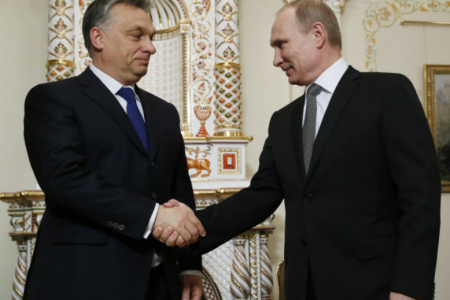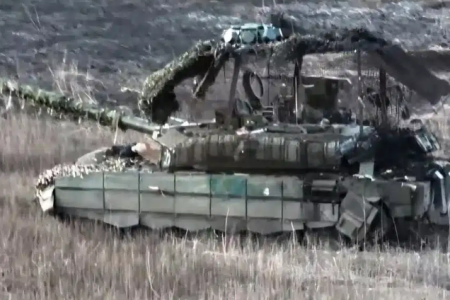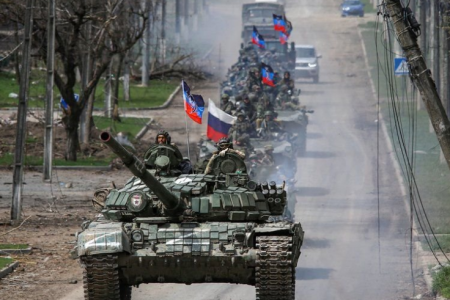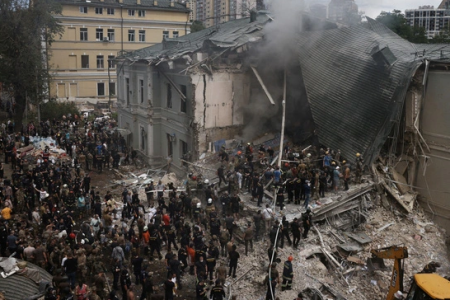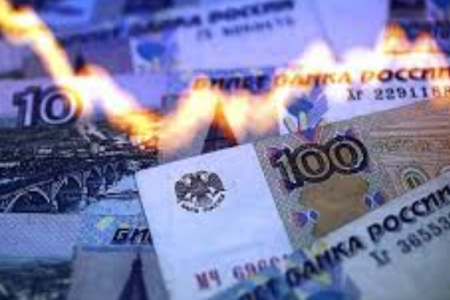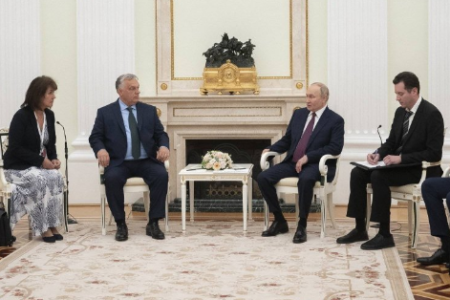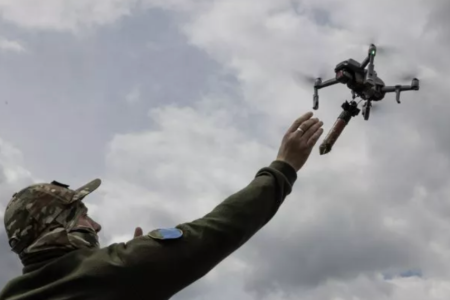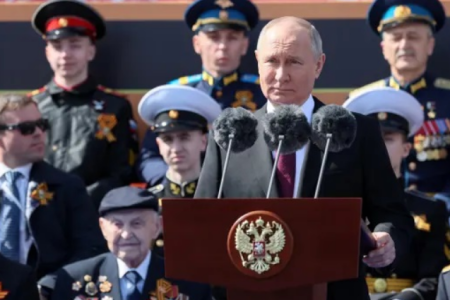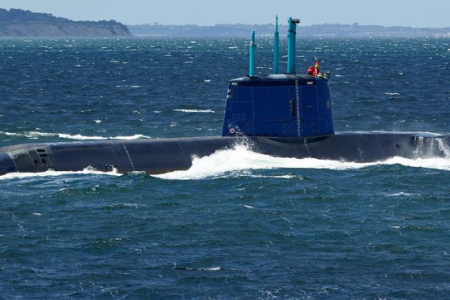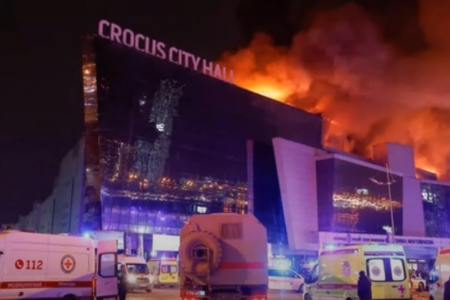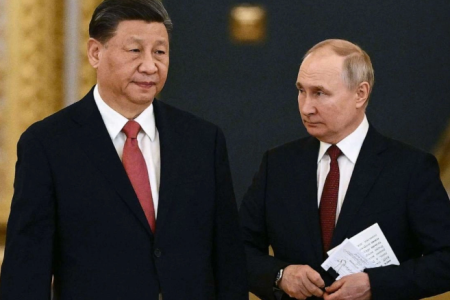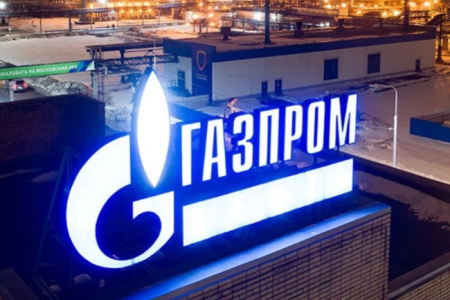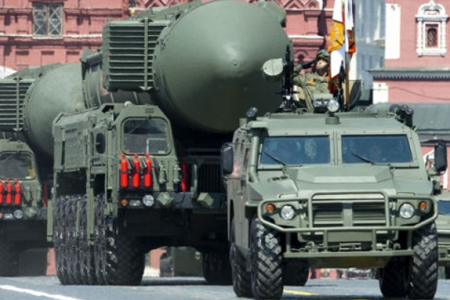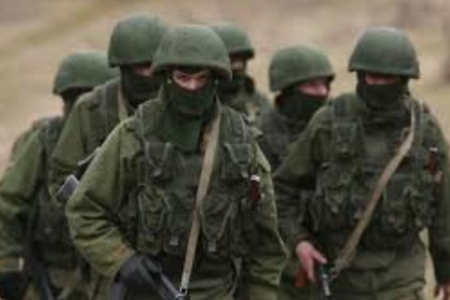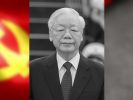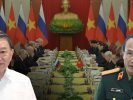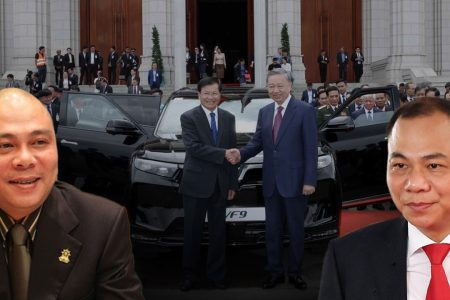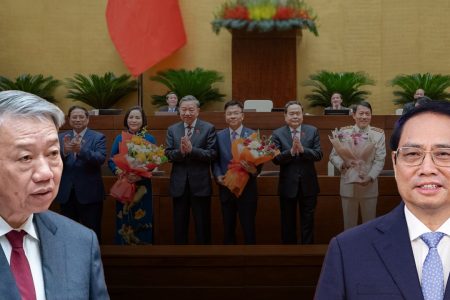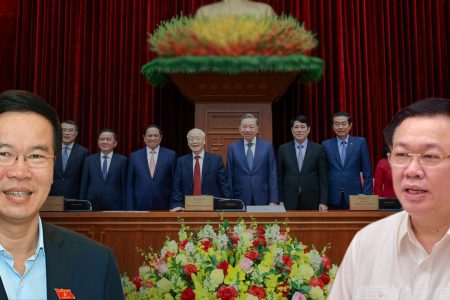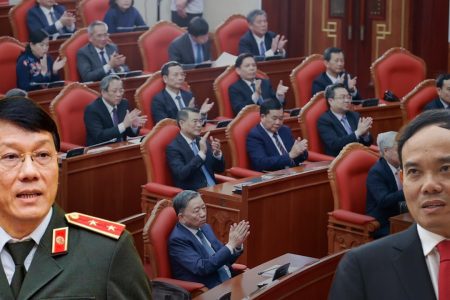
The UN has just published a letter that its two Special Rapporteurs sent to the Government of Vietnam on April 30, 2020, regarding acts of intimidation, harassment, and suppression of many people when they intended to or have been attended an international conference in Thailand with the presence of UN officials.
According to a letter published on June 29, the Special Rapporteur on freedom of religion or belief and the Special Rapporteur on the Situation of Human Rights Defenders demanded that Vietnam respond on acts of “intimidating, harassing, banning international travel, monitoring and using violence against independent religious communities and human rights defenders because they seek to participate in or have participated in international conferences about freedom of religion or belief in Southeast Asia in 2019 which took place in Bangkok (Thailand).”
The content of the letter is based on reports from the victims themselves, collected, translated and translated by the US-based NGO BPSOS.
Southeast Asia Freedom of Religion or Belief Conference (SEAFORB Conference) is an annual event held alternately in Southeast Asian countries.
“The event in 2019 is the 5th time that BPSOS co-organizes this international event and every year, some activists from Vietnam have been prevented, intimidated, harassed, or retaliated by the local authorities,” said Dr. Nguyen Dinh Thang, general director and chairman of BPSOS. “In 2019 this situation was worse than in other years.”
Cases mentioned in the letter of the UN Special Rapporteur including Cao Dai followers who were prevented from attending the conference and parishioners of Con Dau Parish who were blocked at Danang International airport when they return from Thailand. The letter, shared by BPSOS, also mentioned the case of Venerable Thich Thien Phuc, accompanying the Con Dau parishioners, was also blocked at the airport and taken to a private room where police officers interrogate them for participants and organizers as well as funding the trip with questions and allegations that they participated in an illegal conference organized by a reactionary organization to defame the government.
Still, according to the letter, Central Highlands-based Protestant follower Nay Yíi was called to the police station a few days after returning from the SEAFORB conference, and later he was fired from the hospital where he worked. The letter also mentioned two cases of being banned from leaving the country even though their journeys were not related to the SEAFORB conference. One is Catholic priest Nguyen Dinh Thuc, who was banned from leaving the country to Tokyo to welcome the Pope on a trip to Japan, and Tran Quoc Tien, a follower of the Cao Dai sect, who was banned from traveling to Australia to attend his daughter’s university graduation ceremony. Mr. Tien attended the first SEAFORB conference in 2015, also in Thailand, according to BPSOS.
The letter said: “These allegations, if true, will not only contradict Vietnam’s international human rights obligations under the International Civil and Political Rights (ICCPR), in the sense that they influence to Vietnam’s internationally recognized rights, but also appears to show a pattern of revenge against those who want to participate and cooperate in UN human rights mechanisms or foreign diplomatic representatives.”
Two special UN rapporteur asked the Vietnamese government to comment on the allegations included in the letter and explain why individuals attending international conferences were questioned, as well as the explanation of the suitability case of interrogation under the ICCPR. They also asked Hanoi leaders to describe the measures taken to protect freedom of religion or belief pursuant to Article 18 of the ICCPR, as well as provide a legal basis for monitoring and interrogation and prohibiting exit for all those who participated in the SEAFORB conference from 2015 to 2019 whose purpose is to contact and provide information to UN human rights representatives and mechanisms.
The U.S. State Department’s 2019 annual report on religious freedom published on June 10 said that the Vietnamese government continued to harass unrecognized religious leaders. However, the Ministry of Foreign Affairs in Hanoi soon said that Vietnam always respects and guarantees the freedom of religion, belief and non-religious freedom of citizens.
Explaining the letter sent on April 30 and published on June 29, Dr. Thang said: “According to the UN procedure, when a country does not respond to such a letter within 60 days, the UN publishes the entire content of the letter.” He said that “it is a stain on the international public opinion.”
According to Dr. Thang, the cases mentioned in the above-mentioned letter are expected to be included in the threat and revenge report that the UN Secretary General will publish in September at the plenary meeting of UN Human Rights Council.
The US: Vietnam continues to harass unrecognized religious groups

On June 10, 2020, the U.S. State Department’s annual report on religious freedom said that the Vietnamese government continued to harass dignitaries belonging to groups not recognized by the state, and at the same time denounced the harassment acts of the Red Flag Group and Force 47 directed at priests and parishioners.
The report said: “Religious leaders, especially those representing groups that are not officially recognized or have not been issued a registration certificate, report harassment by the authorities in different ways – including traumatic attacks, arrests, prosecution, surveillance, travel restrictions and confiscation of property.”
The US Department of State states that authorities in the Central Highlands provinces continue to harass ethnic minority Protestants, especially members of the Christian Protestant Church; the authorities of the Northwest provinces harassed H’mong Protestants and even Catholic followeres. Nghe An and Tuyen Quang provincial authorities harassed both Catholic and Protestant followers. The report makes clear that most cases of harassment are caused by local and provincial governments.
The report notes that some Protestant Christians who are applying for asylum in Thailand report that their remaining family members in the Central Highlands were continuously harassed by local authorities on social media, and in some cases, family members are threatened and assaulted to pressure asylum seekers to return home.
Some pastors criticized the government, expressing concerns about going abroad, fearing being stopped at the border or being detained on returning home, the report said.
“The Khmer Kampuchea Krom Federation (KKF) reports a number of cases of Buddhists being arrested, interrogated, and detained for simply visiting KKF’s website and Facebook page,” the State Department said.
In 2019, the U.S. State Department received reports that priests and parishioners continued to “be harassed by the government’s Red Flag group, although the group disbanded itself in March 2018.”
“Catholic leaders also reported on the internet harassment of Force 47, the group tasked with countering government criticism on social media, taking its name from a cybersecurity unit of the Vietnam People’s Army. However, Catholic leaders are not sure if the harassment of this group is state-sponsored.”
The report says the Vietnamese government continues to harass the Unified Buddhist Church of Vietnam (UBCV) communities through coercing their temples and religious facilities and forcing members of the UBCV to Joining Vietnam State-run Buddhist Church.
In addition, the report said that US diplomatic officials frequently raised concerns about the situation of Vietnamese religious freedom with a range of government officials and Party leaders, including the President, Prime Minister Prime Minister and senior officials of the Ministry of Foreign Affairs, the Ministry of Public Security, the Central Religion Committee, and other agencies in Hanoi, Ho Chi Minh City, and other provinces.
Vietnam has yet to respond to the 2019 U.S. religious freedom report. In July last year, the Ministry of Foreign Affairs of Vietnam said that the US Department of State’s international report on religious freedom was “unbiased due to misinformation about Vietnam.“
Thoibao.de (Translated)




